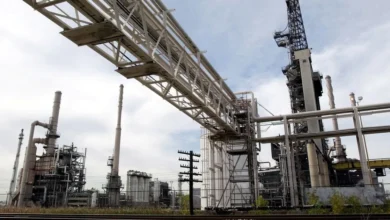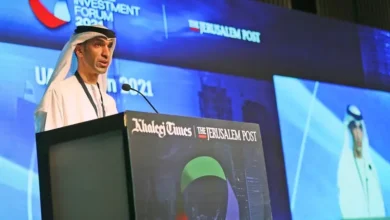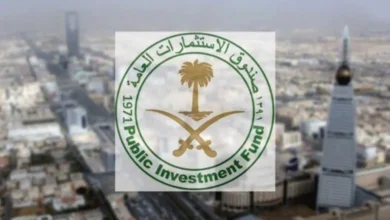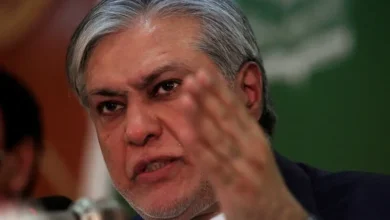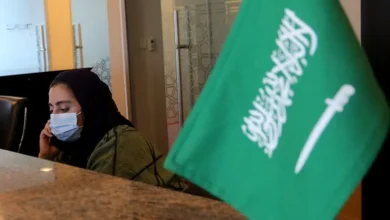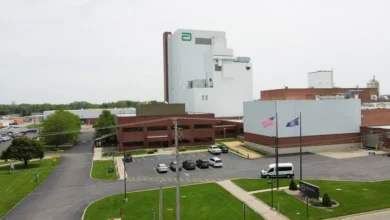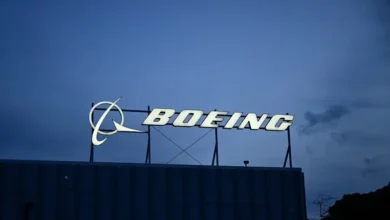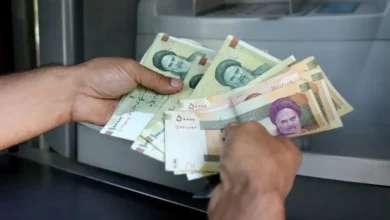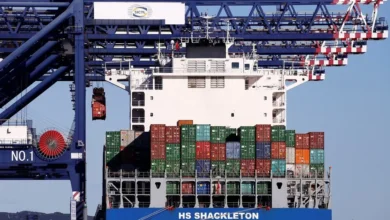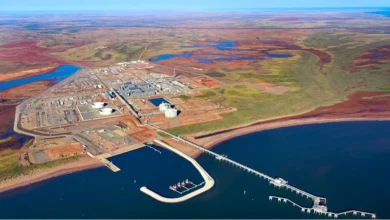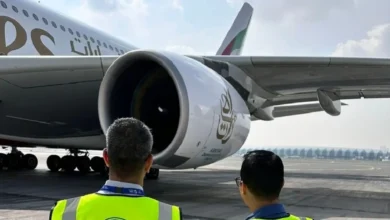Terry Gou: Why is Foxconn billionaire running for Taiwan president?
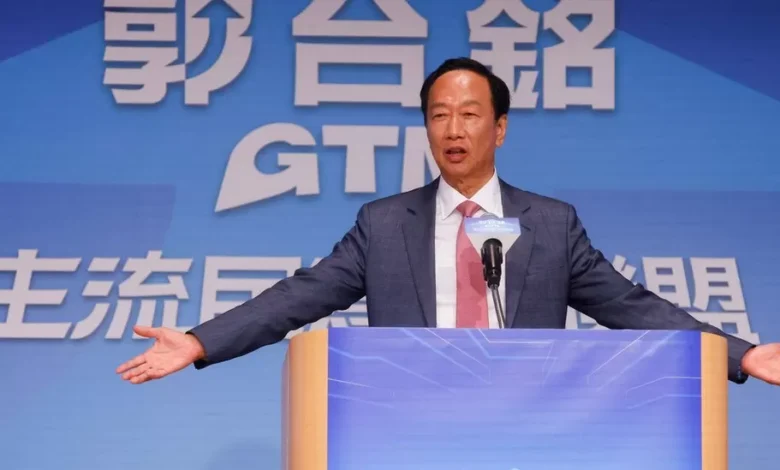
Taiwan’s opposition vote will be split three ways in the January 2024 presidential election. Can the frontrunner be beaten?
The “law of holes” is reputed to have been coined by British Labour politician Denis Healey. It states that if you are in a hole and it’s difficult to get out, the first thing to do is stop digging.
This law could be applied to Taiwan’s political opposition. In a winner-takes-all presidential system, when there are already two opposition candidates vying to unseat the incumbent party, adding a third probably isn’t going to make the task easier.
And yet that is exactly what happened on Monday.
The latest to join the race for Taiwan’s presidency is Terry Gou, 72-year-old billionaire, and founder of the world’s largest electronics manufacturing company. Hon Hai Industries is better known around the world as Foxconn.
Mr Gou is a charismatic businessman with a great rags-to-riches story, pots of cash, and serious name recognition. Observers here in Taipei say if he was the only candidate standing against the ruling Democratic Progressive Party (DPP), Mr Gou would have a pretty good shot. But he isn’t.
Like another charismatic businessman across the Pacific, Mr Gou first attempted to get himself made the candidate of Taiwan’s main right-of-centre party, the old nationalist KMT (Kuomintang). Unlike in the United States, he failed.
The KMT chose another candidate, and Mr Gou quit the party in disgust. But the KMT isn’t Mr Gou’s only problem.
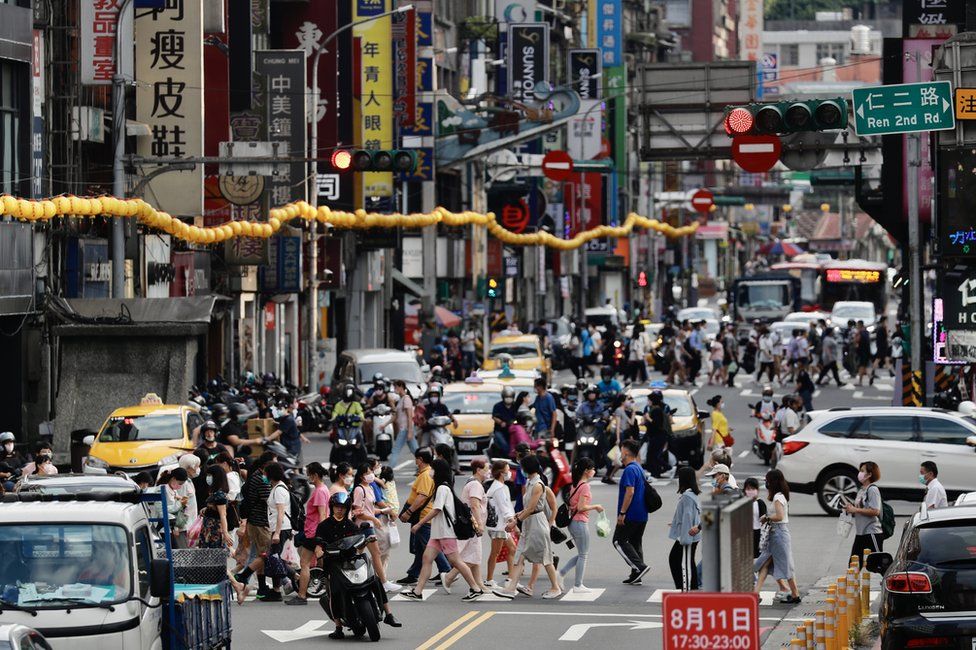
Taiwan has another opposition party, called the Taiwan People’s Party (TPP), and it is led by another charismatic populist called Ko Wen-je. Mr Ko is the former mayor of Taipei city and is currently running second in polls. He is doing particularly well among younger Taiwanese voters.
Terry Gou’s main selling points are not just his wealth and business success. It is his experience working in and with China.
Foxconn became the world’s biggest electronics manufacturer by pioneering the model of combining Taiwanese engineering knowhow with skilled Chinese labour. In the 1980s and 90s Terry Gou built huge manufacturing campuses in southern China and recruited tens of thousands of young Chinese to work in them.
The model was so successful he eventually persuaded Apple to outsource much of the manufacturing of MacBooks and iPhones to Foxconn. It made Foxconn Taiwan’s biggest company and Mr Gou one of its richest entrepreneurs.
Now Mr Gou says he can use that same experience of investing and working in China to protect Taiwan’s security. Terry Gou says he wants to prevent Taiwan from “becoming another Ukraine”. Announcing his candidacy, he said he would lead Taiwan “back from the abyss of war with China”.
He is not the only one who sees the threat from China as increasingly perilous. In the last year Beijing has hugely increased its military operations around the island.
